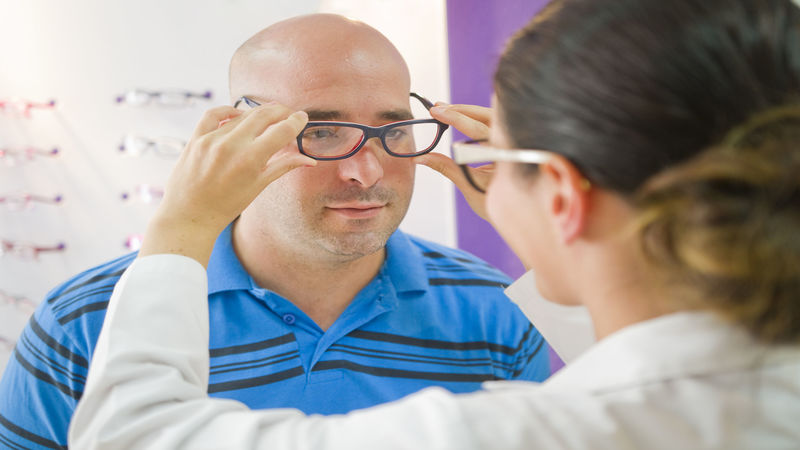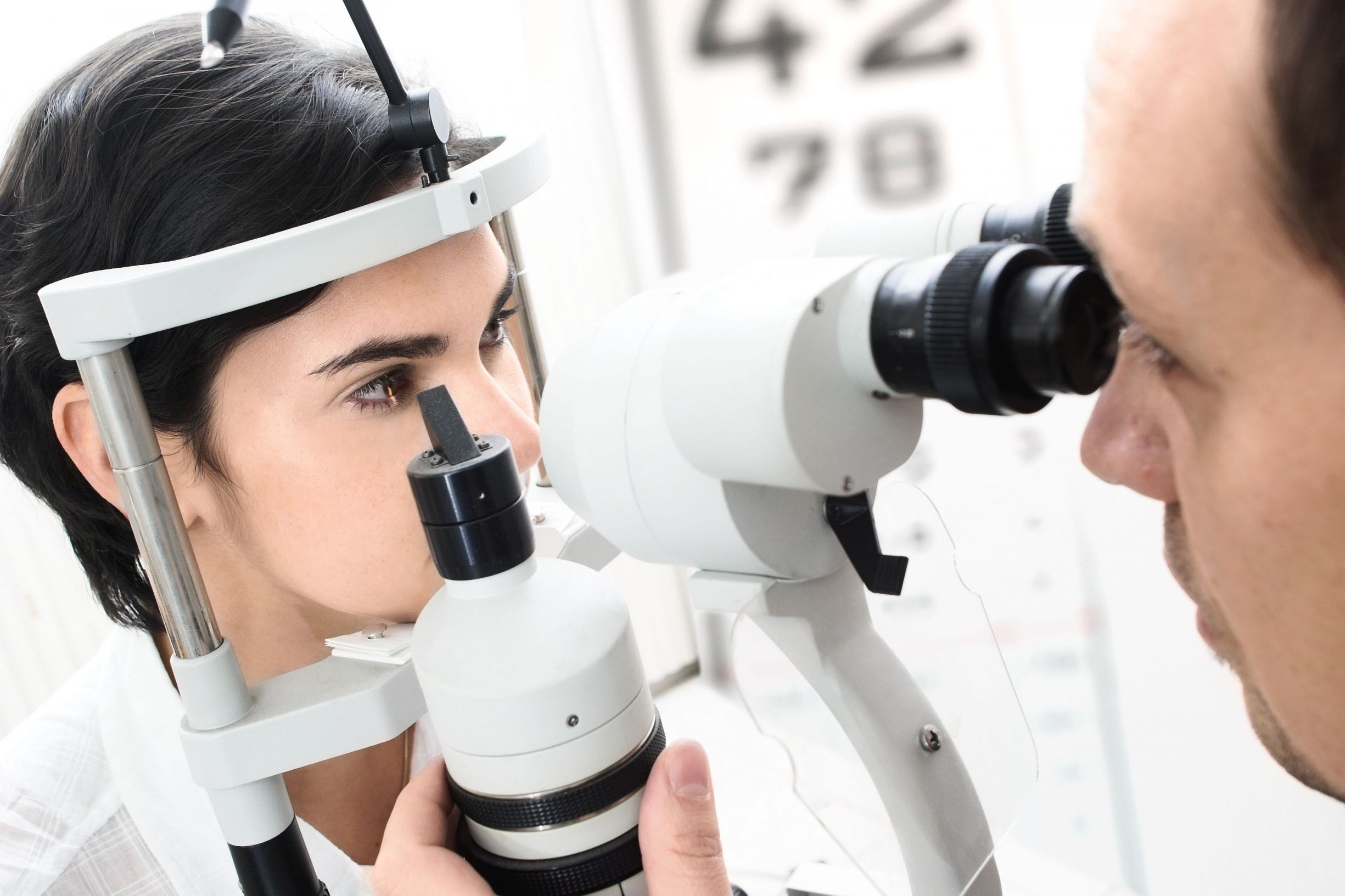Many people in the U.S. are living with diabetes. That’s the unsettling conclusion reached in several studies, one of which comes from the Centers for Disease Control and Prevention (CDC). It revealed that over 38 million people in the U.S. have diabetes. For those unfamiliar with the disease, diabetes is a chronic metabolic disease that occurs when an individual’s blood glucose levels are too high.
There are two types of diabetes: type 1 and type 2. When someone has type 1 diabetes, the pancreas gradually secretes less insulin, the hormone responsible for regulating blood glucose levels. Over time, it stops secreting insulin altogether. When someone has type 2 diabetes, also known as insulin resistance, their body does not use the insulin secreted by the pancreas effectively. When the pancreas doesn’t secrete insulin or the body refuses to use the insulin secreted by the pancreas, it opens the door to high blood sugar levels.
Uncontrolled Diabetes and Diabetic Retinopathy
The longer type 1 or type 2 diabetes goes uncontrolled, the more likely someone is to struggle with diabetic complications. One of the most common complications reported among people living with diabetes is diabetic retinopathy. According to the National Eye Institute, diabetic retinopathy is a severe eye condition that can cause vision loss and blindness in people with prolonged high blood glucose levels caused by uncontrolled diabetes.
That explains why physicians with medical clinics well-versed in diagnosing and treating diabetic retinopathy in Boca Raton, FL encourage patients to invest in a glucometer and to check their blood glucose levels regularly. Most also advise patients to consume low-glycemic foods, which can help keep their blood glucose levels from spiking too high. They will also encourage them to schedule an in-office appointment if they are experiencing high blood glucose level symptoms. Some of these include the following:
- Frequent urination
- Excessive thirst
- Chronic fatigue
- Frequent hunger
- Dry mouth
- Weight loss
- Blurred vision
- Recurrent infections
Discover More Ways To Avoid Diabetic Retinopathy
Uncontrolled diabetes can trigger high blood glucose levels and serious complications, including diabetic retinopathy. To learn more, contact Retinal Eye Care Associates at www.retinaleyecare.com today.


